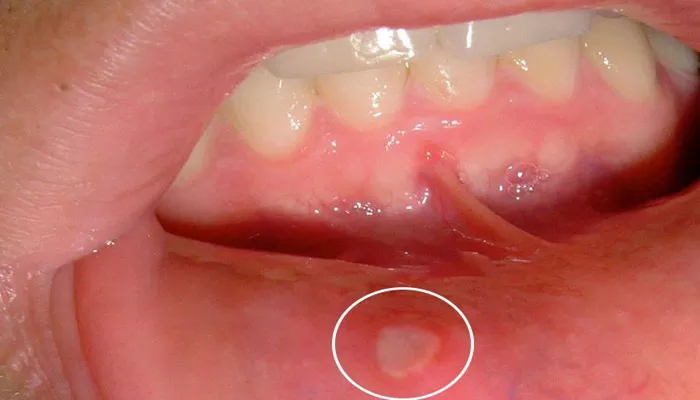Denture sores are a common issue faced by many individuals who wear dentures. These sores can cause significant discomfort and irritation, affecting daily activities such as eating and speaking. Understanding the duration and factors influencing the healing of denture sores is crucial for effective management and prevention. In this article, we will delve into the typical healing time for denture sores, explore the causes, and discuss strategies for promoting faster recovery.
Introduction to Denture Sores
Denture sores, also known as denture-induced ulcers or irritations, occur due to various factors related to denture wear. The most common causes include poorly fitting dentures, excessive biting force, jaw clenching, and oral infections such as Candida (thrush) or gum disease. These sores can range from minor irritations to more severe ulcers, depending on their cause and severity.
When dentures do not fit properly, they can cause pressure spots on the gums, leading to soreness. Additionally, if dentures slide around in the mouth, they can repeatedly strike certain areas, causing abrasion and irritation. The healing process for these sores can vary significantly based on their severity and the effectiveness of the care provided.
Healing Time for Denture Sores
The duration it takes for denture sores to heal depends on several factors:
Severity of the Sores: Minor sores typically heal within a few days to a week with proper care, while more severe sores or those caused by infections may take longer, often between one to two weeks.
Cause of the Sores: Sores resulting from ill-fitting dentures may require adjustments or relining, which can affect healing time. Infections, such as Candida, may also prolong recovery.
Oral Hygiene: Maintaining good oral hygiene is crucial for preventing infections and promoting faster healing. This includes cleaning dentures regularly and ensuring the mouth remains clean.
Treatment and Care: Using home remedies, over-the-counter treatments, or prescription medications can influence healing time. Following a dentist’s recommendations is essential for optimal recovery.
Causes of Denture Sores
Understanding the causes of denture sores is vital for preventing them and ensuring they heal quickly. Some of the primary causes include:
Poorly Fitting Dentures: This is one of the most common reasons for denture sores. If dentures do not fit well, they can cause pressure spots and abrasions on the gums.
Excessive Biting Force: Dentures that are not fitted to the bite can lead to irregular or excessive force on the gums, causing soreness.
Jaw Clenching: Stress or poorly fitting dentures can cause jaw clenching, which may exacerbate gum irritation.
Oral Infections: Infections like Candida (thrush) are common among denture wearers and can lead to persistent irritation and soreness.
Preventing and Treating Denture Sores
Prevention and effective treatment are key to managing denture sores.
Here are some strategies to consider:
Proper Denture Fit
Ensuring that dentures fit well is the first step in preventing sores. Neuromuscular dentures, which are fitted to both the gums and jaw muscles, can provide better comfort and reduce jaw clenching.
Implant-supported dentures distribute the force of biting more evenly, reducing pressure on the gums and promoting healing.
Good Oral Hygiene
Regular cleaning of dentures and the mouth is essential. This includes brushing dentures with a denture cleaner and soaking them overnight to prevent bacterial buildup. Gently cleaning the gums with a soft toothbrush can also help maintain oral health.
Home Remedies
Several home remedies can provide relief and promote healing:
Salt Water Rinse: A warm salt water rinse can ease discomfort and promote healing by reducing inflammation and drawing out bacteria.
Pain Relief: Over-the-counter pain relievers or numbing gels can provide temporary relief from soreness.
Dietary Adjustments: Avoiding hard, sticky, or spicy foods can reduce further irritation until the sores heal.
Professional Consultation
If denture sores persist or are severe, consulting a dentist is crucial. A professional can assess whether the sores are related to poorly fitting dentures or an underlying infection, and provide appropriate treatment or adjustments.
Conclusion
Denture sores can be a significant source of discomfort for individuals wearing dentures. Understanding the typical healing time and factors influencing recovery is essential for effective management. By ensuring proper denture fit, maintaining good oral hygiene, and using home remedies, individuals can promote faster healing and reduce the occurrence of sores.
Regular dental check-ups are also vital for preventing and treating denture sores, ensuring that any underlying issues are addressed promptly. With the right care and attention, denture wearers can enjoy greater comfort and confidence in their oral health.

